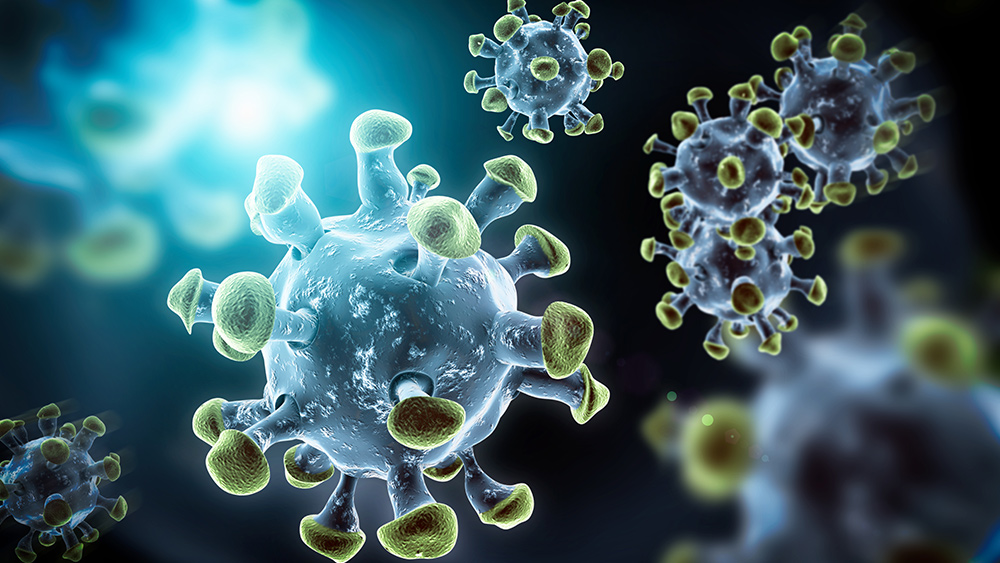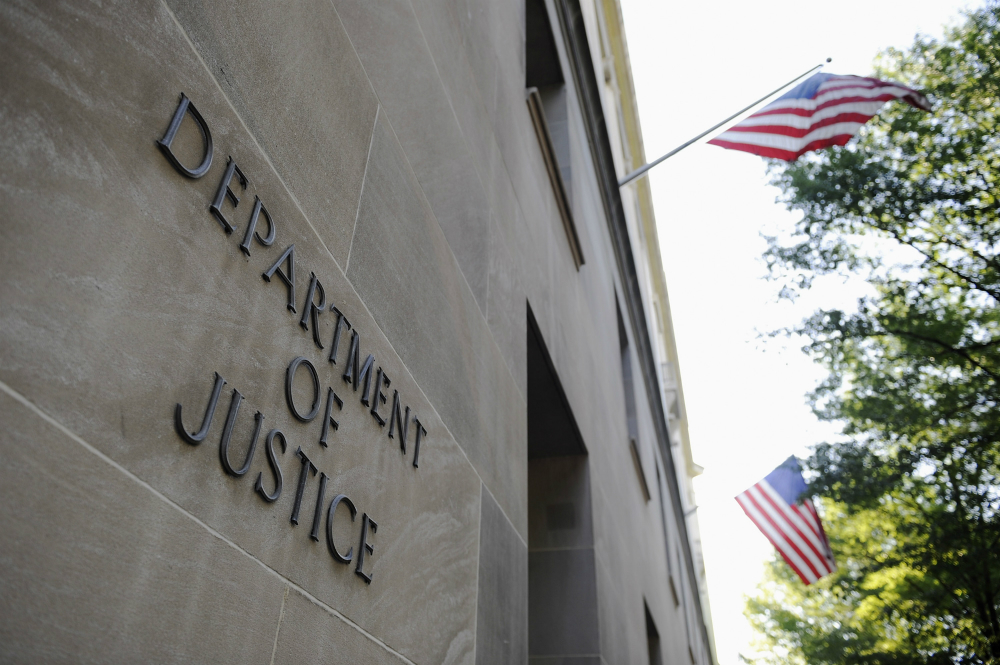
For RNA-based viruses such as the SARS-CoV-2 coronavirus that causes COVID-19, it usually takes three weeks to build up sufficient antibodies to provide protection from the disease. However, so little is known about this coronavirus at the moment that virologists and epidemiologists are unable to say if this is actually the case for it.
“We do not have the answers to that -- it’s an unknown,” answered Michael Ryan, executive director of the World Health Organization’s (WHO) Emergencies Programme, when asked how long a recovered COVID-19 patient would have immunity during a press conference this week.
“We would expect that to be a reasonable period of protection, but it is very difficult to say with a new virus -- we can only extrapolate from other coronaviruses, and even that data is quite limited,” he explained further.
Conflicting reports, inaccurate testing
A recent study from China reported that rhesus monkeys that been infected with COVID-19 did not get reinfected after they had recovered from it. This study led some to believe that recovered patients gained immunity. However, not everyone was convinced by the study.
However, this is contradicted by reports of actual patients getting reinfected with it. In South Korea -- one of the first countries to implement mass testing for the virus -- health officials found that some patients who had recovered from COVID-19 tested positive for it again.
Despite these reports, scientists still caution against jumping to the conclusion that recovered patients can get reinfected. Francois Balloux, director of the Genetics Institute at University College London, told Agence France-Presse that the virus may not have been fully cleared out of these patients’ systems. Instead, Balloux theorizes that the virus remained dormant and asymptomatic in the patients, as a “chronic infection.”
Complicating matters is that testing for the virus has yet been perfected. These imperfect tests could lead to “false negatives,” where they say that patients are free of the virus even though it’s still present in their bodies. It’s these “false negatives” that are suspected in the cases of recovered patients being reinfected.
“That suggests that people remain infected for a long time -- several weeks,” added Balloux. “That is not ideal.”
Antibody response needs further study
Another pre-publication study of 175 recovered patients in Shanghai showed that each had different levels of virus-fighting antibodies 10 to 15 days after the onset of symptoms. The researchers found that about a third of the patients had antibody levels that might be too low to provide immunity. The team also found that patients aged 60 to 85 had more than three times the antibodies as those aged 15 to 39.
However, some doubt has been cast on the Shanghai study. Maria Van Kerhove, Technical Lead of the WHO Emergencies Programme, stated that whether the antibody response detected in the study means those patients had immunity was a “separate question.”
“That’s something we really need to better understand,” she said. “What does that antibody response look like in terms of immunity.”
Even if antibodies can provide some degree of immunity, scientists still don’t have enough data to accurately say what kind of antibody response provides immunity. This raises concerns about “false positives” caused by tests detecting antibodies unrelated to COVID-19. Such “false positives” could end up mistakenly identifying someone as immune to the virus, even though they’re not.
This threat of “false positives” calls into doubts the idea being floated by some countries, of testing people for immunity so they can go back to work.
“It’s too premature at this point,” said Saad Omer, a professor of infectious diseases at the Yale School of Medicine.
“We should be able to get clearer data very quickly -- in a couple of months -- when there will be reliable antibody tests with sensitivity and specificity.”
Sources include:
Please contact us for more information.























